A SANCTUARY which has rescued hundreds of non-native wild animals kept as pets - including mountain lions, meerkats, monkeys and zebras – has called for much tougher restrictions on trading and owning them and significant improvement to the processing and content of the Dangerous Wild Animal licenses.
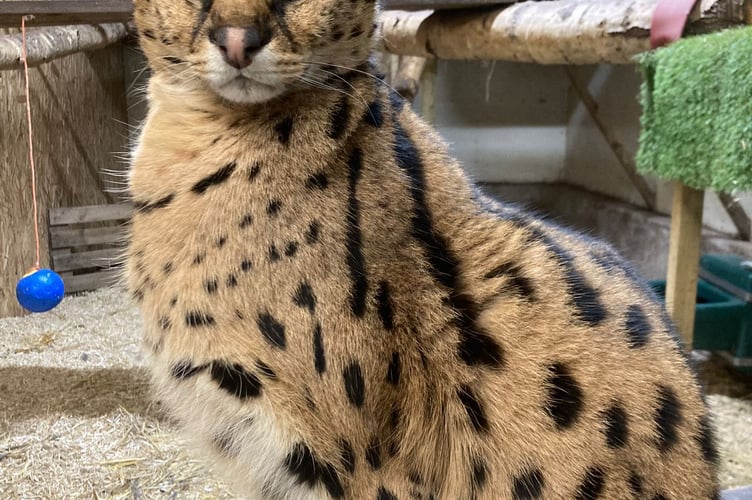
WildSide Exotic Rescue C.I.C is a Community Interest Company nestled in the Wye Valley between Monmouth and Ross.
And owner Lindsay McKenna says: "We’re a sanctuary for wild captive animals traded and kept as pets, that rescues and rehabilitates those in need and inspires humans to end the wild pet trade.
"Over three million non-endangered non-native wild animals were imported into the UK from 90 different countries between 2014 and 2018 and numbers are only rising.”
"Wild animals in the UK are treated like living toys with limited to zero welfare protection. And their neglect, abuse, long-term suffering and high death rate goes on and on and on.”
She set up WildSide 15 years ago after returning to the UK from conservation work in the South African Bush, and revealed: “I was buying furniture from a householder’s garage when I saw their pet racoon in a very poor way in a crate that it could hardly turn round in.
“It was a familiar story of an uninformed cute pet purchase that had gone wrong, ending up with an aggressive adult and nowhere for it to go. So, I took the furniture and the racoon and without realising it WildSide had started.”
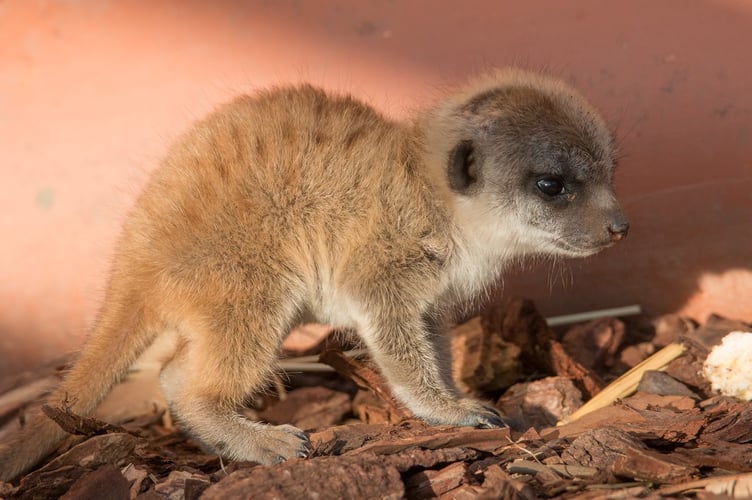
Wildsidecurrently caters for nearly 200 wild animals, some seized by police and some donated by owners unable to look after them.
"Many of these animals were destined to live in a totally different habitat, with complex social interactions and vast territories.
“Yet the UK, a nation of animal lovers, is allowing thousands of non-native wild animals to endure a lifetime, often in solitary confinement, and small spaces, with inadequate diets, and limited to no enrichment.”
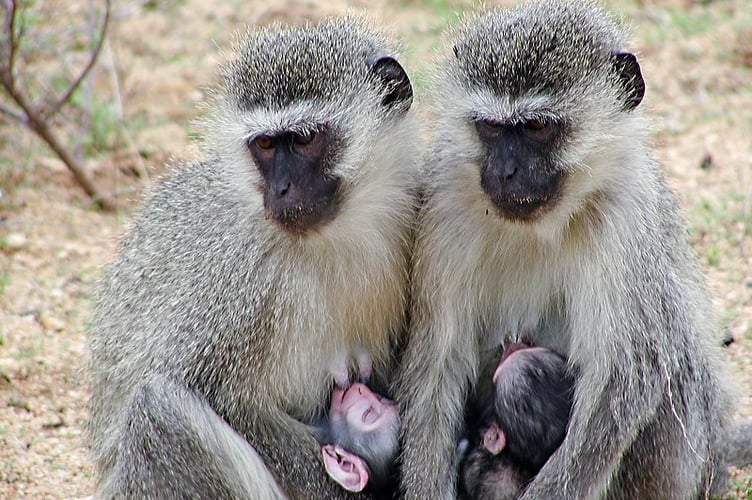
Even when the animal is well cared for, it is very hard to find a local vet who will treat a wild animal and if the owner has to rehome the animal it can be impossible.
You cannot rock up to a cat or dog rescue and drop off a racoon or a lynx. So WildSide frequently gets calls from owners or authorities desperate to source a new home as the alternative is euthanasia.
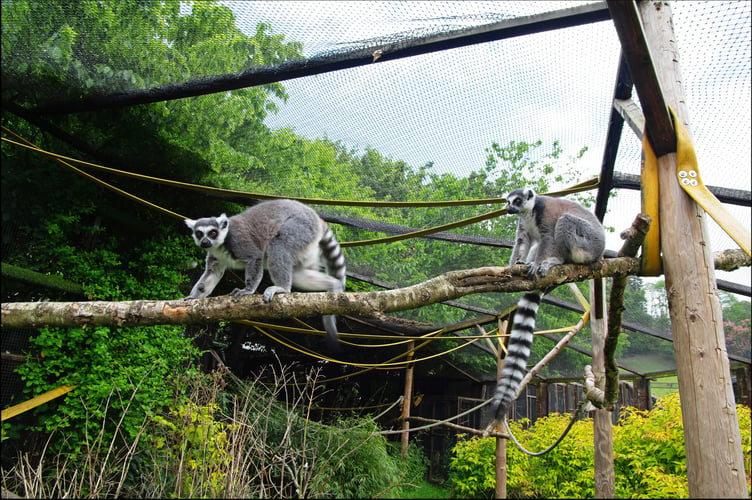
WildSide’s new website is aimed at building awareness and pressing for change in the rules and laws on keeping and trading wild animals.
Anyone here can currently keep a wild non-native animal as a pet, even dangerous ones, which must be licensed by a local authority.
The DWA (dangerous wild animal licenses) were written with the primary purpose of protecting humans and keepers, adds Lindsay.
The license is not written with the welfare of the captive animal in mind, and the absence of a welfare focus is evident in the minimum recommended enclosure sizes.

A single mountain lion is 28sq m, a single lion and tiger 37sq m, two ring-tailed lemurs 3sq m.
The average size of a UK lounge is 46sq m, so imagine being solitary confined in those smaller spaces?
The DWA even permits a highly sociable African lion to be kept solo and requests it is kept in at night, when they are most active in the wild, for human safety.
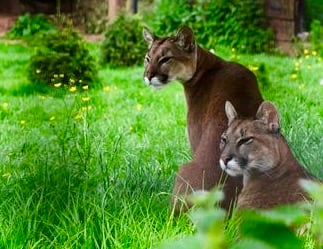
Next time you watch a football match with 22 humans running on the pitch, visualise 230 mountain lions living their life in that equivalent space.
But Lindsay says most privately-owned and traded wild animals are not considered dangerous and thus don't even need a licence.

A Defra spokesperson said the maximum prison sentence for animal cruelty had been increased to five years and legislation was pending to prohibit primates being kept as domestic pets.
But Lindsay says we need a system which proactively protects the welfare of wild animals kept as pets, so the crime cannot be committed.
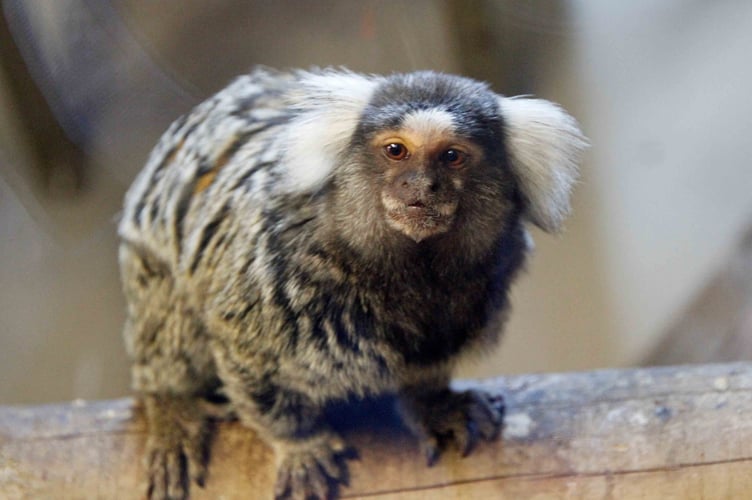
Increasing the punishment after the crime, provides little protection to the animals caught up in it.
While the primate legislation is great progress, it is not a ban as originally intended in 2019, it is simply adding primates to those that have to be licensed.
The current DWA for larger new world primates suggests a minimum enclosure of 2.5m. Hopefully the new primate license will put the animal’s welfare at the forefront, she says.
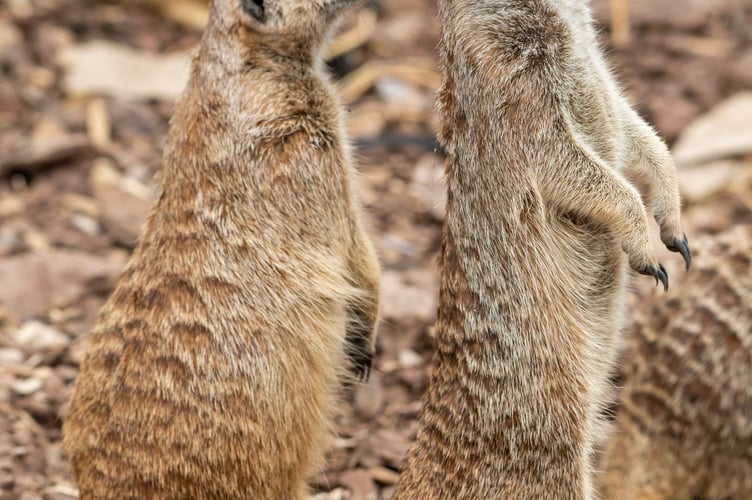
"Success for Wildside is that we no longer exist, no more wild captive animals need rescuing from captive hell," she adds.
"Success is the much-needed and rapid changes in legislation; such that wild animals are not traded as expensive living toys to entertain a human being in their house or back garden. "

“If an animal is not given the chance to be born free and stay free the very least we can do is fully understand, respect and fulfil their complex needs"
For more information see the Wildside Exotic Rescue website at www.wildsideexoticrescue.co.uk and its Facebook page.




